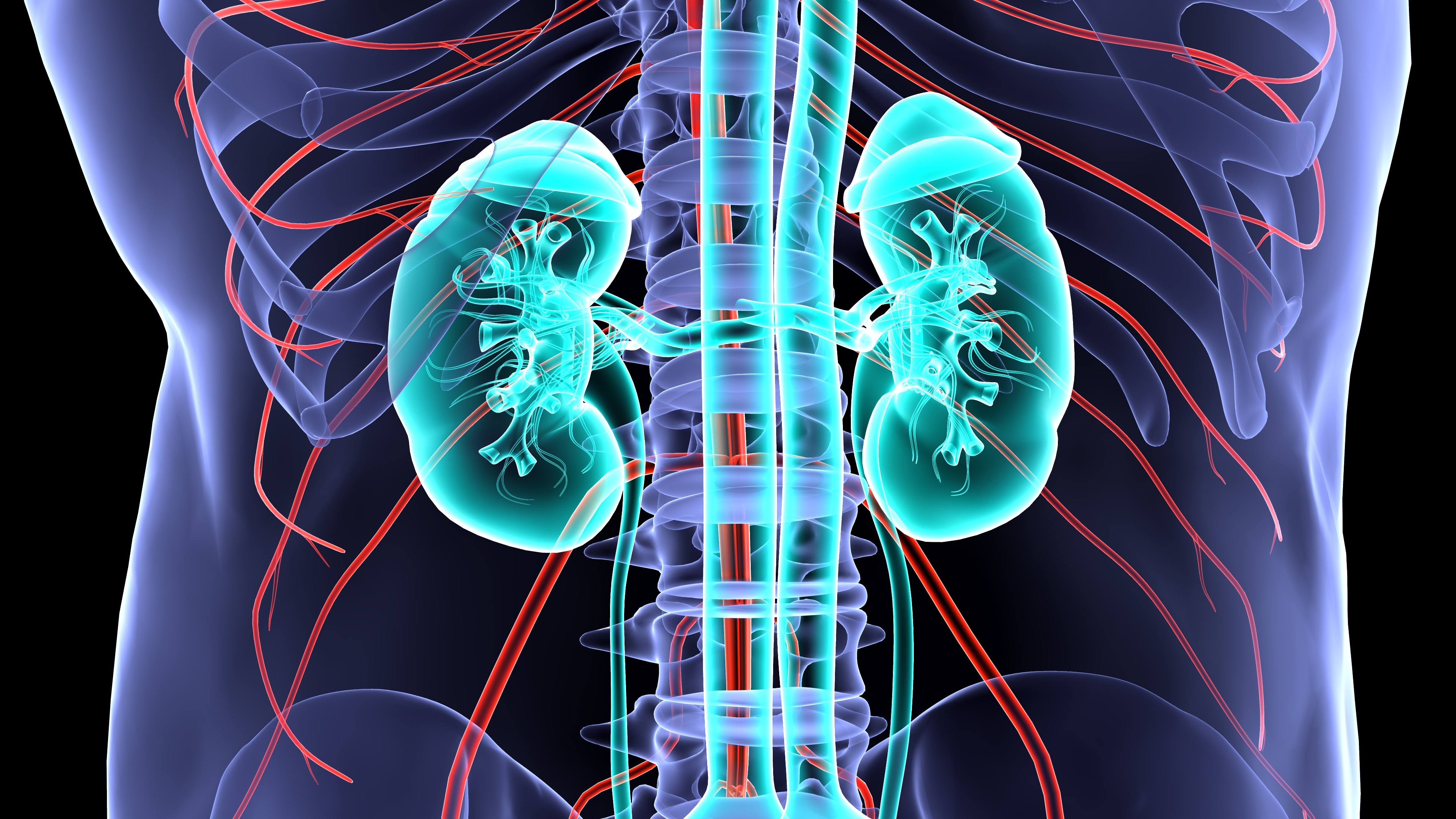-
COVID-19
Expert Alert: Risk for chronic kidney disease even more critical due to COVID-19 pandemic

ROCHESTER, Minn. — An estimated 1 in 10 people worldwide have chronic kidney disease, but most of them don't know it. That lack of awareness is especially concerning because people with chronic kidney disease who are infected with COVID-19 are at higher risk for serious illness.
It is important that people understand their risk for developing chronic kidney disease and take steps to prevent it, says Andrew Bentall, M.B., Ch.B., M.D., a Mayo Clinic nephrologist.
"Managing risk factors such as high blood pressure, diabetes and obesity will reduce the chances of developing kidney disease," Dr. Bentall says. "Once an individual has chronic kidney disease, there mostly is no current cure. But early diagnosis and treatment can help prevent kidney failure and the need for a kidney transplant."
Thursday, March 11, is World Kidney Day. To raise awareness, Mayo Clinic will light the Plummer Building in Rochester, Mayo Clinic Hospital in Arizona and the main entrance to Mayo Clinic in Florida orange. Nearly 108,000 people are on the waitlist in the U.S. for a lifesaving kidney transplant, according to the Organ Procurement and Transplantation Network.
Kidneys play a critical role in the body, filtering waste and excess fluid from the body, which are excreted in urine. Chronic kidney disease describes the gradual loss of kidney function.
Below are some key facts to know about chronic kidney disease:
- Some racial and ethnic populations are at higher risk for kidney disease.
African Americans, Hispanics, Asian Americans and Native Americans are more likely to develop chronic kidney disease. For example, African Americans are three times more likely to have kidney failure, according to the National Kidney Foundation. - Women are more likely to experience kidney failure.
Chronic kidney disease is more common in women than men, with an estimated 15% of women being diagnosed with it versus 12% of men, according to the Centers for Disease Control and Prevention. - Diabetes, high blood pressure and obesity are key risk factors.
People with diabetes and high blood pressure, and those who are obese, are all at higher risk for developing chronic kidney disease. Other risk factors include smoking, heart disease, a family history of the disease, older age and abnormal kidney structure. - There may be few signs and symptoms in early stages of chronic kidney disease.
Symptoms can include nausea, vomiting, loss of appetite, fatigue, sleep problems and changes in urine output. Sometimes people experience shortness of breath, swelling of feet and ankles, muscle twitches and cramps, persistent itching and chest pain. - Quitting smoking and losing weight can help prevent kidney disease.
Smoking can damage the kidneys and worsen existing kidney damage. Maintaining a healthy weight also can help reduce the risk for kidney disease. It is also critical that people manage chronic conditions such as high blood pressure and diabetes.
Sandra Herrmann, M.D., a Mayo Clinic nephrologist, has a key piece of advice for people at high risk of developing chronic kidney disease.
"Don't wait to talk to your doctor about kidney health," Dr. Herrmann says. "There are simple blood and urine tests that can detect chronic kidney disease. The earlier chronic kidney disease is diagnosed, the better the chance of preventing kidney failure and reducing the risk of other complications such as heart attacks and strokes."
###
About Mayo Clinic
Mayo Clinic is a nonprofit organization committed to innovation in clinical practice, education and research, and providing compassion, expertise and answers to everyone who needs healing. Visit the Mayo Clinic News Network for additional Mayo Clinic news.
Media contact:
- Heather Carlson Kehren, Mayo Clinic Public Affairs, newsbureau@mayo.edu







